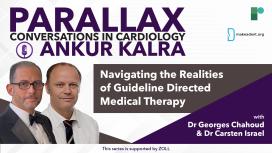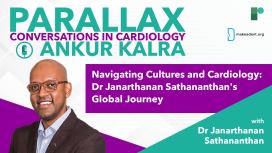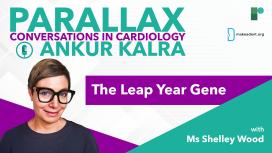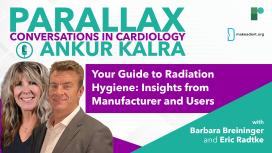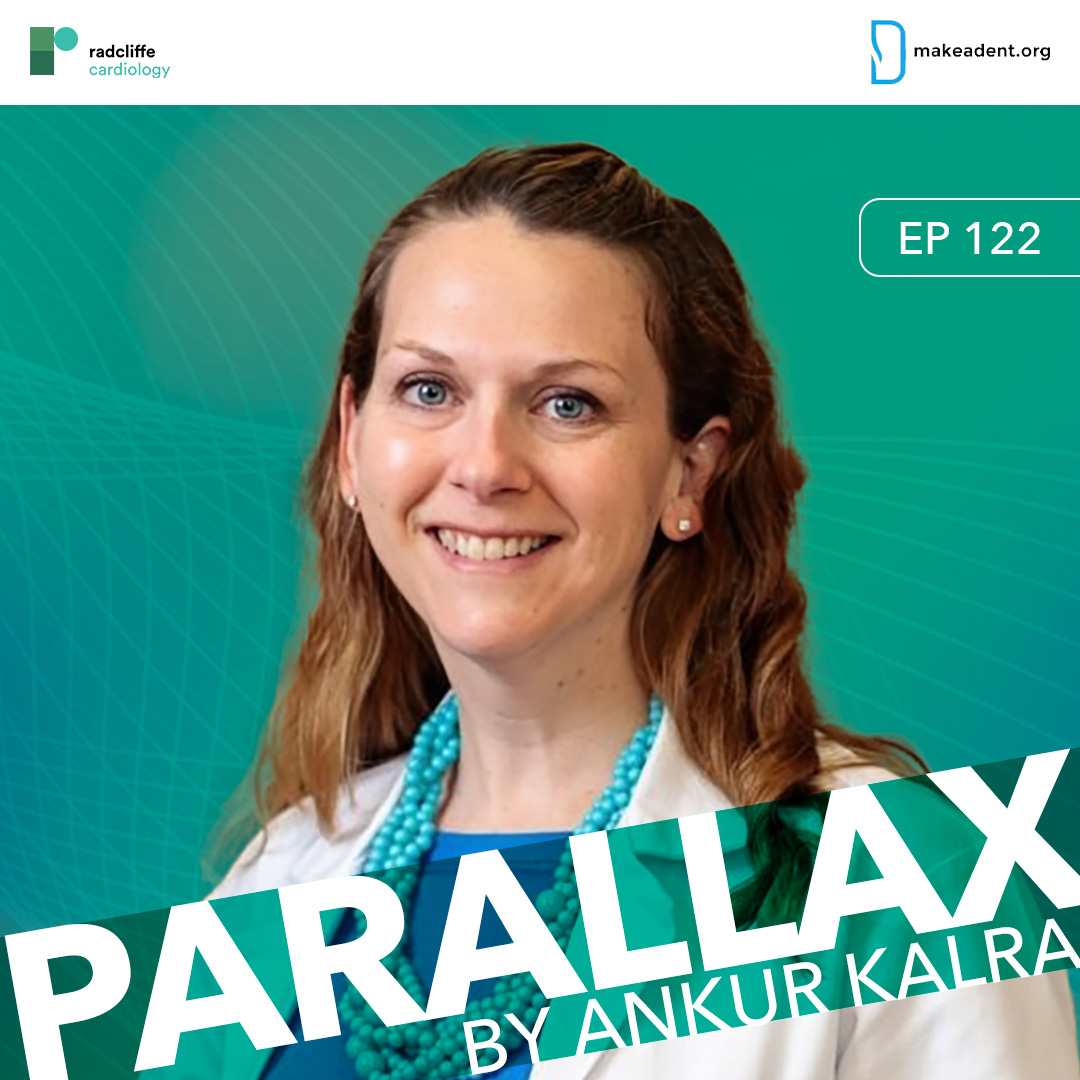
In this thought-provoking episode of Parallax, Host, Dr Ankur Kalra engages in an illuminating conversation with Dr Karen Joynt Maddox, a distinguished cardiologist and health policy researcher at Washington University School of Medicine in St. Louis. Together, they navigate the complex intersection of cardiovascular medicine, health economics, and public health policy.
Dr Joynt Maddox shares her unique journey into health economics research, offering valuable insights for cardiologists considering this vital career path. The discussion delves deep into the need for enhanced collaboration between clinicians and policymakers, emphasizing how physicians' frontline experiences can inform more effective healthcare policies.
In examining the growing presence of private equity in cardiology practices, Dr Joynt Maddox provides nuanced insights into this transformative trend. Through thoughtful analysis, she explores how this financial model shapes healthcare delivery, innovation, and patient outcomes. The conversation extends to broader economic challenges in cardiovascular medicine, particularly the intricate balance between fostering medical innovation and ensuring accessible, affordable care for patients.
Drawing from her extensive research experience, Dr Joynt Maddox emphasizes the role of social determinants in cardiovascular health outcomes. The episode concludes with a compelling discussion on integrating public health principles into medical education, offering a vision for a more holistic approach to cardiovascular care.
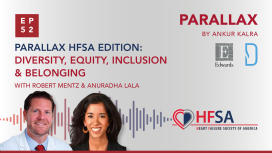
In this practical and insightful episode, Dr Kalra asks what does diversity, equity, inclusion and belonging mean to the editorial board of JCF and what were the steps taken to put these principles into practice.
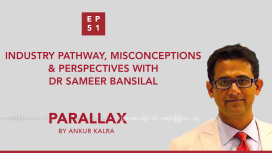
Dr. Bansilal was an Assistant Professor of Medicine at the Icahn School of Medicine at Mount Sinai when he decided to seek an alternative pathway to make an impact on patients’ lives.
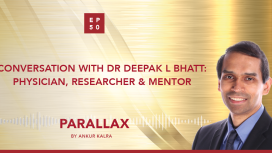
In the 50th episode of Parallax, Dr. Ankur Kalra’s guest is Dr. Deepak L. Bhatt leading physician, researcher, lecturer, and educator who has authored or co-authored over 1650 publications and was recipient of the ACC’s Distinguished Mentor Award in 2018 and AHA’s Distinguished Scientist Award in 2019.
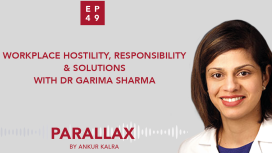
The American College of Cardiology surveyed cardiologists across the globe to have a more detailed understanding on the impact of hostility, discrimination, and harassment in the workplace. Of almost 6000 cardiologists who took part in the survey 44% reported hostile work environment.
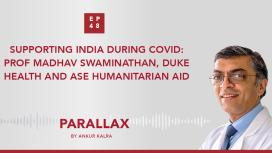
In this week's latest podcast episode, host, Ankur Kalra, MD, meets guest Prof Madhav Swaminathan (Duke University Health System, NC, US) to discuss how he has orchestrated a major humanitarian effort, in association with Duke University Health and The American Society of Echocardiography, to supply ventilation equipment and PPE to hospitals and NGOs during the current COVID-19 crisis in New Delhi, India.
Hear them discuss the challenges and learnings associated with the supply chain, inventory, logistics and cost to deliver this humanitarian effort; which most recently resulted in $140,000 of life-changing equipment being delivered to four key hospitals in New Delhi. A most inspirational episode.
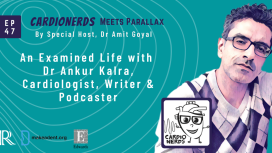
In this candid and spiritual conversation Amit and Ankur take a journey through former episodes of Parallax and Ankur’s writings to explore what it takes to strive for a deeper knowledge of ourselves; or, as Ankur puts it, dharma, the inherent order of reality.

Parallax’s guest this week is Dr Eric David Adler, Medical director of heart transplant and mechanical circulatory support at UC San Diego Health.

How did Dr Gragossian receive her diagnosis? How does she feel about her new reality? What drives her? What is her message to our listeners?

Just after 9/11, Heval, the 18-year-old Syrian Kurdish refugee found a job as a dishwasher. At this point, he was the sole provider of his family. The pressure that comes from being poor did not leave him for many years. Today, he is firm believer in giving back to underserved communities by spreading awareness within the medical community. As he says, well-meaning people of privilege are sometimes afraid to act. What we need is more people to bridge the gap and find ways to help each other.

What drives Dr Nishtha Sodhi? What were the formative moments of Dr Sodhi’s career? What are the new frontiers of cardiology?
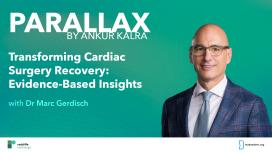
Dr Gerdisch shares insights into his research on rigid sternal fixation and enhanced recovery protocols, which have shown promising results in postoperative pain management and patient recovery.
